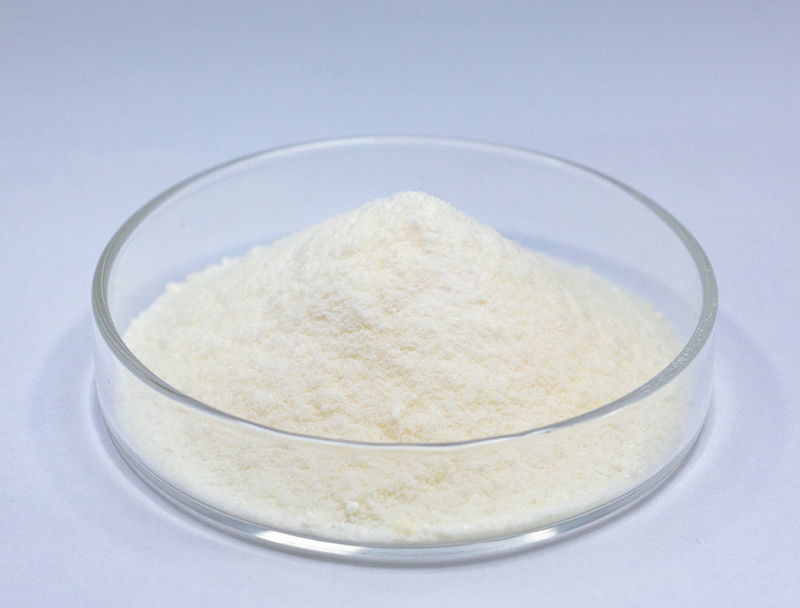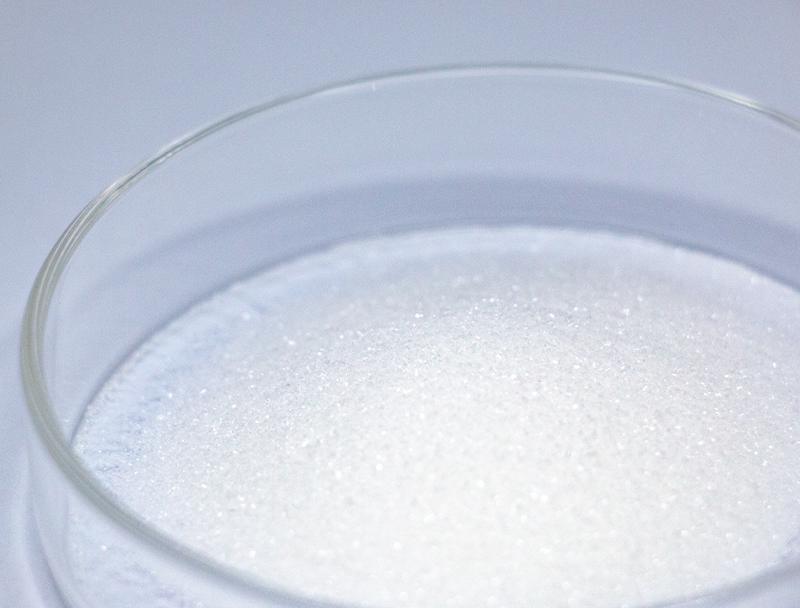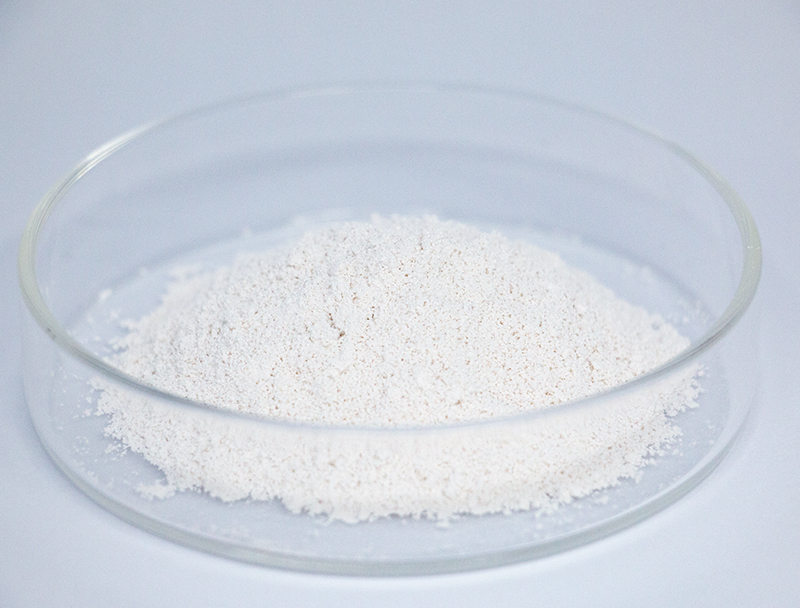
Large-scale bioproduction hinges upon a diverse spectrum of starting materials for generating cutting-edge biobased goods.
Protecting the sustainable sourcing of these resources dictates persistent stability and principled industry advancement.
various risks tied to conventional feedstock acquisition such as ecological damage and resource depletion. Therefore, producers should prioritize ethical sourcing models to curtail ecological damage.
- Samples of circular procurement methods cover:
- Adopting organic-origin materials from crop remnants
- Integrating recovery systems to shrink waste while improving throughput
- Collaborating with regional vendors focused on fair procurement
Such a move to ethical procurement delivers ecological gains and commercial returns over time.
Upgrading Feedstock Traits for Better Biofuel Performance
Maximizing the efficiency of biofuel production relies heavily on the quality and composition of biomass feedstocks. Experts maintain efforts to discover ways to maximize feedstock value, creating higher productivity and an eco-friendlier fuel landscape. Programs combine genetic improvement for biomass productivity with conversion technologies to access fermentable substrates.
- Likewise, initiatives explore candidates such as algal biomass, process wastes, and agricultural leftovers to extend sustainable feedstock availability for fuels.
- Through these continuous efforts, the field of biofuel production is poised to make significant progress in the coming years, paving the way for a more renewable energy landscape.

Enhanced Upstream Strategies for Biopharmaceutical Yield
spans early manufacturing steps including propagation and cell separation Recent developments in this field have resulted in optimized workflows that raise overall output.
Important innovations consist of upgraded cell platforms, customized nutrient matrices, and smart bioreactor solutions. These strategies improve manufacturing efficiency and lessen cost and ecological effects.
- In addition, momentum toward nonstop processing offers improved flexibility and optimized operational flow.
- This move toward intelligent production systems is expected to reshape the industry and hasten drug development.

Advances in Gene Editing to Boost Therapeutic Production
evolutions in genetic modification techniques have optimized therapeutic biosynthesis. Through controlled genetic modifications, practitioners increase therapeutic protein production. This capability can unlock development of cost-efficient, high-performance biologics for many conditions.
Harnessing Microbial Biotechnology for Sustainable Bioremediation
state-of-the-art biological cleanup solutions using targeted microbial actions. Microorganisms possess the remarkable ability to degrade and transform harmful pollutants into less toxic substances.. Harnessing microbe-based degradation fosters cleanup tactics that minimize environmental disruption and residual waste.. Scientists are actively exploring a wide range of microbial species with diverse metabolic capabilities to target various pollutants, including heavy metals, pesticides, oil spills.. Such organisms are usable in treatment systems or applied directly to soils and waters to drive biodegradation of contaminants..
Using microbes for cleanup carries distinct advantages compared with chemical or physical remediation approaches. This method provides a low-cost, low-waste alternative to conventional remediation. Likewise, microbial systems can selectively degrade contaminants while sparing the wider environment. Ongoing innovation aims to boost the throughput and efficacy of microbe-driven remediation approaches.
Digital Methods Accelerating Pharmaceutical Discovery
Informatics platforms are essential to current drug discovery and development pipelines. From predictive screening to lead refinement, computational biology underpins more efficient drug pipelines.
- Using extensive genomic, proteomic, and patient data, analysts discover targets and anticipate therapeutic performance.
- In addition, predictive simulations inform medicinal chemistry efforts to craft more efficacious drugs.
- Ultimately, bioinformatics modernizes development workflows and expedites access to safe, beneficial medicines.
Metabolic Design Approaches to Boost Bioproduct Yields
utilizes multiple approaches to enhance production of desirable bioproducts in cells. Strategies involve pathway refactoring by genetic modification, expression modulation for balanced flux, and grafting of novel genes to add capacity.. With precise metabolic tuning scientists can greatly enhance yields of desired compounds.
Such holistic engineering could impact many areas including medical therapeutics, agricultural outputs, and biofuel production.

Industrializing Biopharmaceuticals: Risks and Rewards
Expanding production volumes poses difficult barriers yet offers substantial opportunities. A primary obstacle is ensuring uniform quality control as volumes rise. Addressing it demands strong process governance, accurate real-time analytics, and advanced measurement systems.

A further difficulty lies in process complexity, with many interdependent production phases.. Adapting protocols for industrial scale requires considerable development work and engineering advances.. Even so, the payoff can be large. Successful industrialization can broaden availability, trim costs, and raise profitability.
Different initiatives are progressing to solve scale-up constraints. Approaches include cutting-edge process optimization tech, comprehensive analytics for control, and disruptive manufacturing designs.
- Innovation programs are essential to expand production competencies.
- Authorities are revising processes to enable faster clearance of manufacturing innovations and encourage progress.
Charting Regulatory Pathways for Biologics to Safeguard Patients
Engineering biologic therapies includes robust governance to assure patient safety and measure effectiveness. Biopharmaceuticals, often derived from biological sources, present unique challenges compared to traditional medications.
Agencies such as the FDA in the United States and the EMA in Europe play a NMN crucial role in establishing guidelines and standards for the approval of these innovative therapies..
Extensive evaluation procedures are essential across development phases, spanning preclinical work to post-market checks.. These measures aim to identify potential risks and guarantee that biopharmaceuticals meet the highest levels of safety..
Additionally, regulators regularly update methods to match the pace of fast-moving biopharma innovations.. Programs embrace modern technologies and foster development speed while maintaining patient-centered safeguards.

Harnessing Plant Feedstocks to Create Biodegradable Plastics
The rising demand for eco-friendly materials fuels R&D on bio-based alternatives. Among these, bioplastics, produced from plant-derived biomass feedstocks, offer a promising avenue towards a greener future. Plant-based biomass resources such as cornstarch, cellulose, sugarcane can be processed into biodegradable plastics that degrade naturally, minimizing the environmental impact of conventional plastics.
In addition, certain bioplastics match performance of petroplastics, enabling broad applicability in multiple sectors.. Continuous R&D will drive plant biomass into scalable bioplastic manufacture and help establish closed-loop material systems.
Biotech Contributions to Global Health and Crop Productivity
Biotechnology equips researchers with methods to tackle health crises and bolster food availability. Applying targeted genetic edits, synthetic biology frameworks, and cellular therapeutics, practitioners produce measures to address infectious disease, boost harvests, and upgrade nutritional content.. For instance, genetically modified crops can be engineered to resist pests and environmental stresses, leading to increased agricultural production and reduced reliance on harmful pesticides.. Moreover, biotechnology plays a crucial role in developing vaccines, antibiotics, and diagnostic tools that are essential for combating infectious diseases and improving global health outcomes.. As innovations mature, biotechnology can provide meaningful contributions toward global health and resilient food supplies for future generations.
